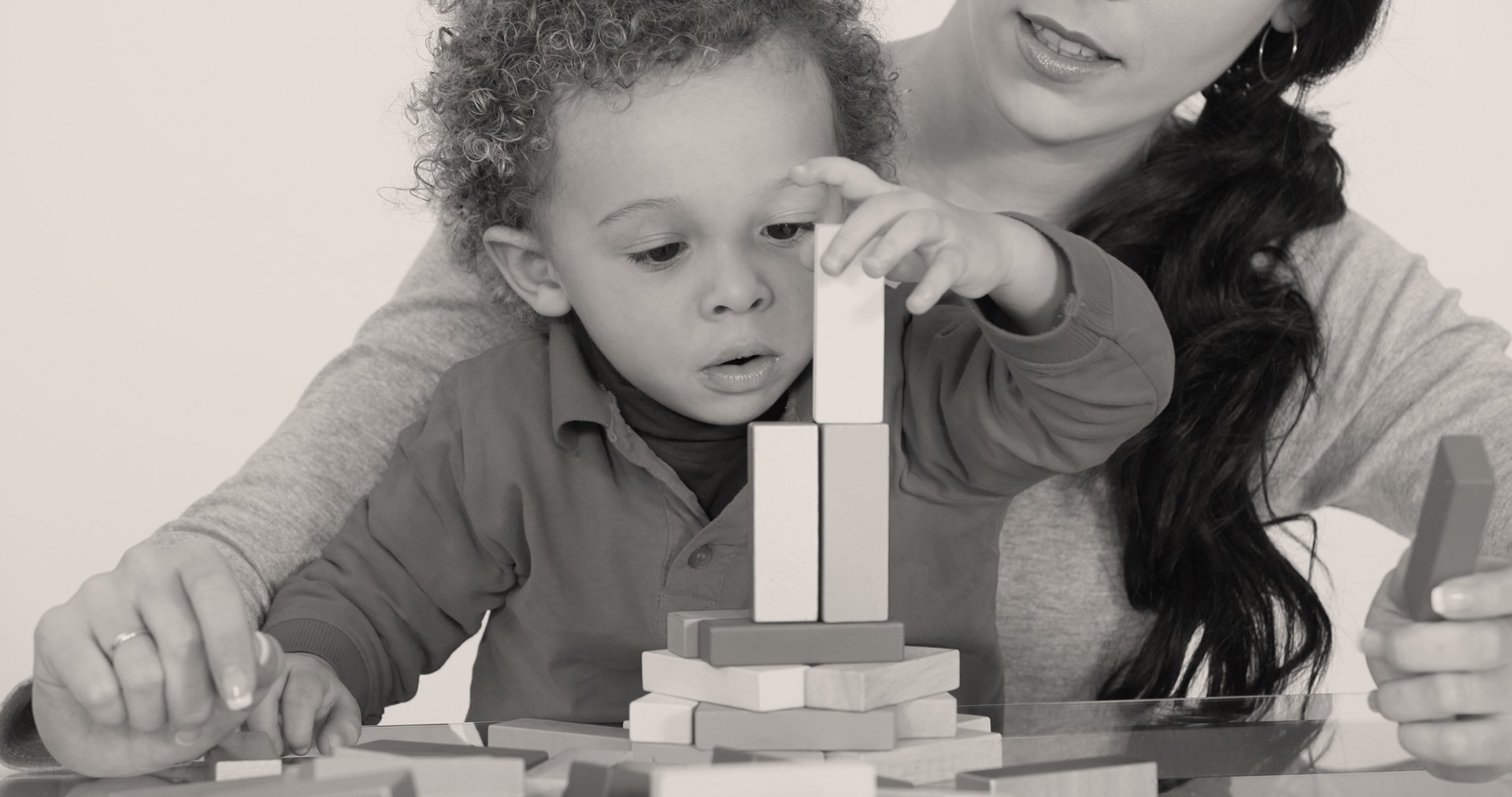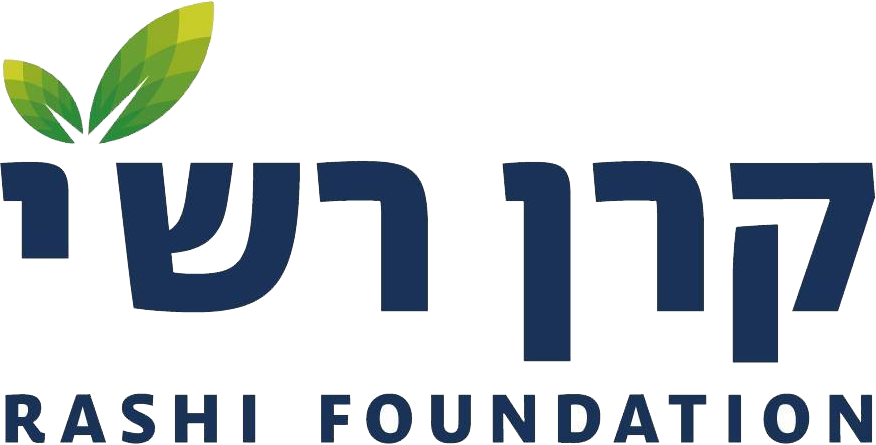Pilot programs that started in Rashi’s ‘social accelerator’ become state-funded public services and nationwide programs. How does it work?
Important notice
Pilot programs that started in Rashi’s ‘social accelerator’ become state-funded public services and nationwide programs. How does it work?


20% of Israeli families live under the poverty line

Multi-dimensional approach to working with families to provide them with tools to change their situation

Participants increased their income and were better able to realize their rights, manage their finances and find steady employment

Adoption of the model by the Ministry of Social Services and municipal welfare departments

Young people in the periphery lack opportunities to advance by entering high-tech fields

Excellence program in computer and cyber fields targeting youth in the geographic and social periphery

Graduates substantially improve their chances to join the IDF’s cyber units and continue to high-tech careers

Exit and handover to the government at the end of the joint venture

75% of children referred to social welfare services suffer from neglect

Designing a work model and practices for dealing with neglect based on family-community intervention

Significant improvement in parents’ ability to answer the needs of their children, decrease in risk factors

Incorporation of the model within the services for families at risk on the national and local level

Large gaps between schools, closely linked to their socioeconomic background, directly affect students’ academic achievements

Intensive pedagogic coaching for the teams in low-performing elementary schools to build their capability to lead change

Improved teaching techniques and organizational practices, alongside personalized support for students

Development of an effective model that can be used to advance schools throughout the education system
